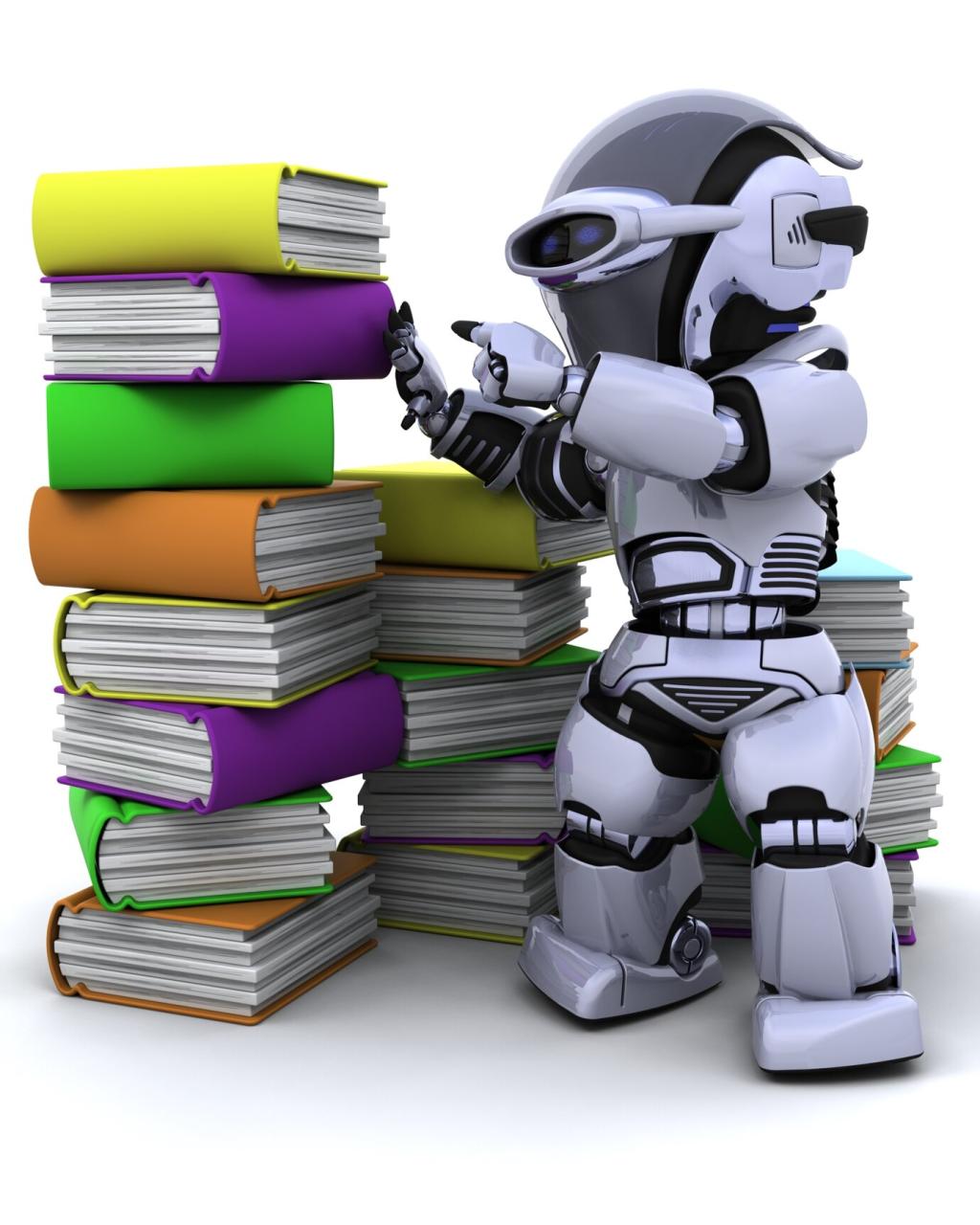
Adaptive Learning Software Powered by AI
Adaptive learning software powered by artificial intelligence is revolutionizing educational experiences by personalizing learning paths for each student. Through data-driven insights and continuous feedback, AI enables these platforms to respond to individual strengths and weaknesses, offering tailored content to maximize engagement and mastery. This innovation not only enhances learning outcomes but also empowers educators to support students more effectively. Explore the transformative features, underlying technology, and real-world impacts of AI-powered adaptive learning software.
Personalized Learning Experience
Dynamic Curriculum Adjustment
Adaptive learning software monitors each student’s interactions and performance in real-time. Based on this data, the AI recalibrates the curriculum, presenting new challenges when a learner is ready and revisiting concepts when necessary. This ensures that no student is left behind or held back, allowing every user to progress at their optimal pace while minimizing frustration and boredom.
Responsive Feedback Systems
Immediate, personalized feedback is a cornerstone of AI-powered adaptive learning. As students answer questions or solve problems, the platform analyzes results and provides targeted explanations or offers additional practice in areas of difficulty. This real-time support helps learners correct misunderstandings before they become ingrained habits, fostering greater confidence and independence in their studies.
Engagement Through Gamification
To motivate students and maintain focus, many adaptive learning platforms integrate gamified elements powered by AI. The system tracks engagement patterns and introduces rewards, challenges, or interactive experiences tailored to sustain interest. These features not only make learning enjoyable but also encourage persistence, which is critical for long-term academic success.
The Technology Behind Adaptive Learning
The backbone of adaptive learning platforms is sophisticated machine learning. These algorithms analyze students’ responses, time spent on tasks, and patterns of mistakes to predict the most effective content for future lessons. As the software collects more data, it continuously improves its recommendations, ensuring that the curriculum evolves alongside the learner’s needs and abilities.

Impact on Educational Outcomes
01
Adaptive learning systems increase the likelihood of students mastering complex concepts by ensuring they spend time on challenging topics at a pace suited to their needs. This tailored repetition and targeted practice has demonstrated measurable gains in retention rates and long-term understanding, outperforming traditional, one-size-fits-all instruction.
02
By automating the identification of student needs and delivering personalized instruction, AI-powered software gives educators invaluable tools for classroom management. Teachers receive analytics highlighting which students need extra help or are ready for enrichment, enabling more focused interventions and freeing up time for one-on-one support.
03
Adaptive learning software breaks down barriers to personalized education, making high-quality, tailored learning experiences accessible regardless of background or ability level. With accommodations for various learning speeds and styles, these platforms promote inclusive environments where every learner can achieve their potential.
